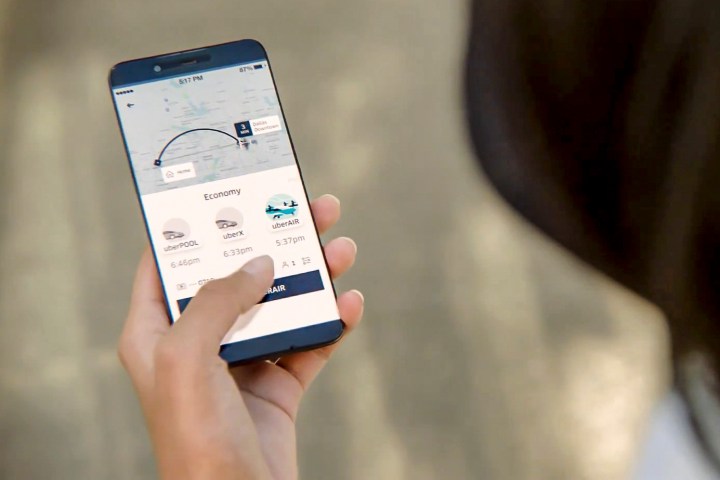
According to the European Union’s top court, Uber’s “intermediation service … must be regarded as being inherently linked to a transport service and, accordingly, must be classified as ‘a service in the field of transport’ within the meaning of EU law.” The decision continued, “Consequently, such a service must be excluded from the scope of the freedom to provide services in general as well as the directive on services in the internal market and the directive on electronic commerce. It follows that, as EU law currently stands, it is for the Member States to regulate the conditions under which such services are to be provided.”
Now that the ruling has been handed down, national governments within the EU will now be able to regulate Uber as a taxi service, which other taxi drivers have long claimed is only fair. Indeed, the original lawsuit against Uber was brought about by a taxi drivers association in Barcelona, which alleged that Uber was using misleading business practices and unfair tactics to avoid licensing and regulations that other similar services were subjected to. But now, the year-long debate seems to be settled, and not in Uber’s favor.
In a response to the landmark ruling, which could shape the course of Uber abroad for years to come, the drivers association that first brought about the case tweeted, “Today, taxi drivers have beaten Goliath.”
While the EU’s decision focuses more on peer-to-peer operations, it will likely have implications for Uber’s ability to allow non-licensed drivers to offer rides, as well as the so-called gig economy more broadly. The ruling comes on the heels of a string of setbacks for Uber, including the decision in London to ban the app altogether. Although Uber currently operates in more than 600 cities around the world, it may soon find its hands tied when it comes to further expansion and continued services.
Editors' Recommendations
- Waymo’s robotaxis are coming to Uber’s ridesharing app
- The EU is preparing an App Store change that Apple won’t like
- This EU law could force Apple to open up iMessage and the App Store
- Relax, the EU’s scary USB-C rule won’t rob you of fast-charging benefits
- The EU wants Apple and Samsung to make more repairable phones, improve battery efficiency

